Description
-
Beth Rontal – Mental Health Documentation & Medical Necessity: Simple, Clear Guidelines that Maintain Quality of Care and Protect Your Practice
- Faculty:
- Beth Rontal
- Duration:
- Approx. 6 Hours
- Copyright:
- Feb 05, 2021
Description
“I love paperwork!”.
–Said NO clinician, EVER
Yet, the success of your practice depends on your ability to write good intake summaries, treatment plans, session notes, case/collateral notes, and discharge summaries. Taken together, these pieces to the documentation puzzle support your goal of providing quality services to your clients. They also impact the stability and success of your practice. When done well, they result in piece of mind and timely payment from insurance companies. When done poorly, they lead to the misery of denials, audits, and lost income.
The great news is that you CAN become proficient at mental health documentation and medical necessity. This seminar provides clear and simple guidelines for recordkeeping that adheres to professional standards and ethical codes, supports delivery of quality care, and reduces errors and delays in payments.
You will receive expert instruction from Beth Rontal, LICSW, affectionally known as the Documentation Wizard. For over 15 years, Beth has been instrumental at changing how individuals and organizations approach documentation. The results speak for themselves. Rates at which paperwork was returned to clinicians for correction have dropped significantly, in one case from 65% to under 8%. This gave clinicians back 3 to 5 clinical hours per week, saving thousands of dollars and improving job satisfaction.
Outline
Get Past Your Negative Feelings About Documentation
- Documentation as a contributor to good clinical work
- Documentation through the lens of the “Golden Thread”
- Documentation as a protector of income and integrity
- Anxiety-reducing answers to common questions
Embrace the Requirement of Medical Necessity
- The elements of medical necessity
- The “Golden Thread” as a key part of medical necessity
- Establish the connection between diagnosis and treatment
How to Write:
- The Diagnostic Summary
- What’s needed in the diagnostic summary, and why
- How the diagnostic summary initiates the path of the Golden Thread
- The Treatment Plan
- What’s needed in a treatment plan, and why
- Operationalize the presenting problem
- Questions to ask
- Describe the diagnostic criteria in behavioral terms
- Make a clear connection between goals, objectives, and interventions
- Protect the client and the therapist with a thoughtful risk assessment
- Evaluate client progress
- How the treatment plan it continues the path of the Golden Thread
- And more …
- Activity: Write a treatment plan
- The Session Note
- The session’s note relationship to the treatment plan
- What’s needed in a session note and why
- Descriptive or narrative approach to interventions used
- Changes to treatment plan
- Justify multiple sessions
- Activity: Write a session note
- The Case and Collateral Contact Note
- What’s needed in a case and collateral contact note and why
- Differences between case and collateral contact notes
- Provide a clinical justification for the case/collateral consult
- The Discharge Summary
- What’s needed in a discharge summary, and why
- How the discharge summary completes the Golden Thread
20 DOCUMENTATION RED FLAGS THAT LEAD TO TROUBLE
Faculty

Beth Rontal, MSW, LICSW Related seminars and products: 4
Beth Rontal, MSW, LICSW, is a psychotherapist in private practice in Brookline, Massachusetts, as well as a documentation consultant (wizard) and private supervisor. Ms. Rontal earned her MFA from Boston University, and her Master’s in Social Work from Simmons College in Boston.
She was clinical supervisor at a mental health clinic for 16 years, where she was instrumental in developing and implementing the clinic’s first electronic documentation system. This implementation significantly reduced documentation time and errors and decreased the paperwork returned by clinicians from 65% to 8%, which in turn allowed for the addition of 3 to 5 clinical hours per week and generated thousands of dollars in savings for the company.
Ms. Rontal continues to be a developer and consultant in the field of clinical documentation. She is a sought-after national lecturer who has taught seminars over the course of many years, in addition to having published numerous articles on the topic.
Speaker Disclosures:
Financial: Beth Rontal is in private practice. She has intellectual property rights to Documentation Wizard. Ms. Rontal receives a speaking honorarium from PESI, Inc.
Non-financial: Beth Rontal has no relevant non-financial relationship to disclose.
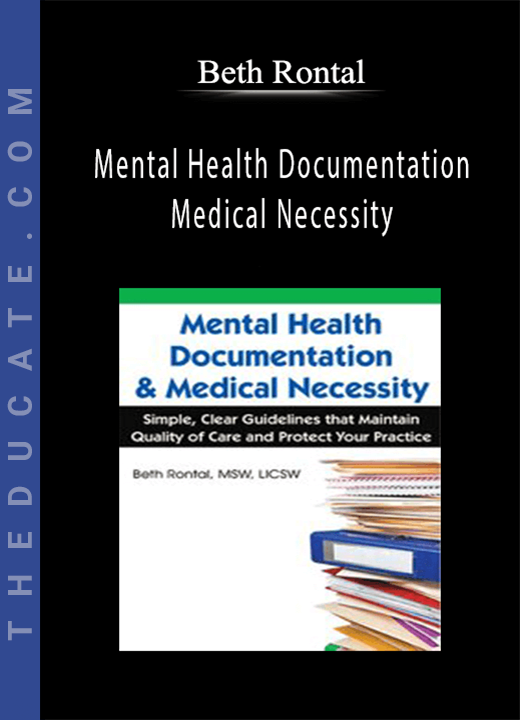
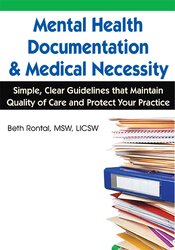

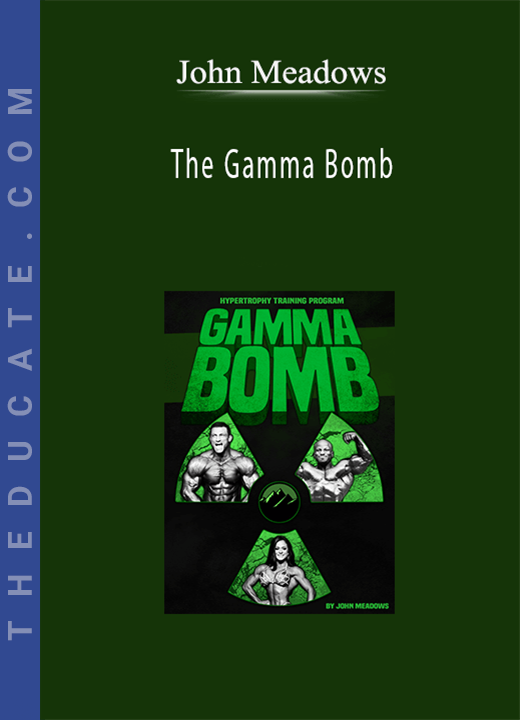
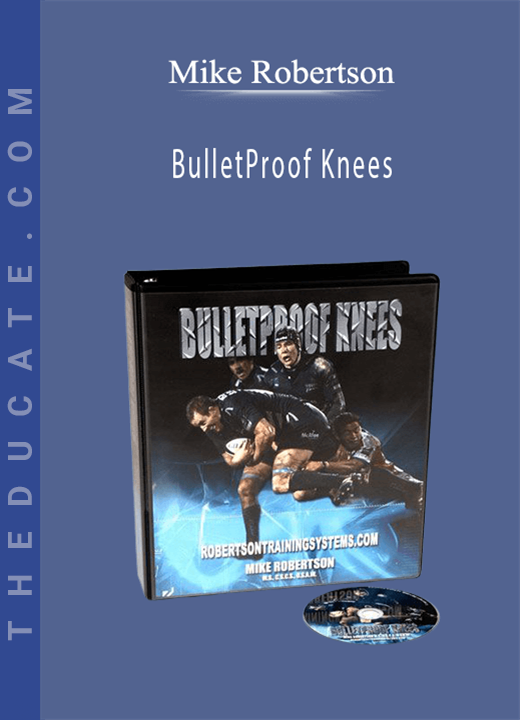
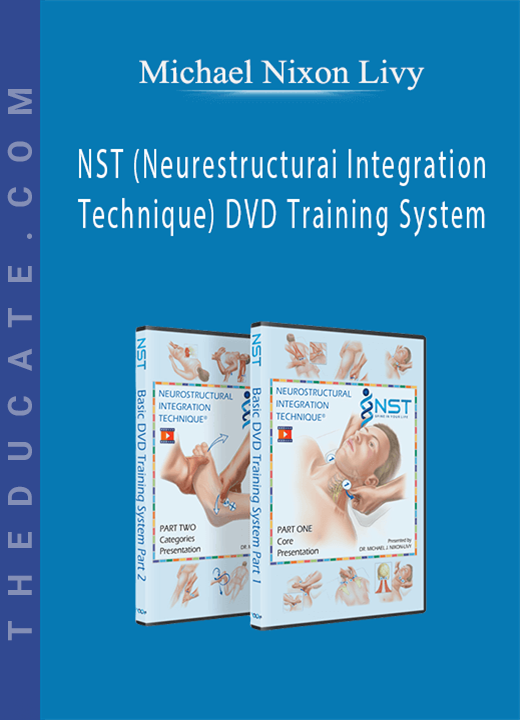

3 reviews for Beth Rontal – Mental Health Documentation & Medical Necessity: Simple, Clear Guidelines that Maintain Quality of Care and Protect Your Practice
There are no reviews yet.